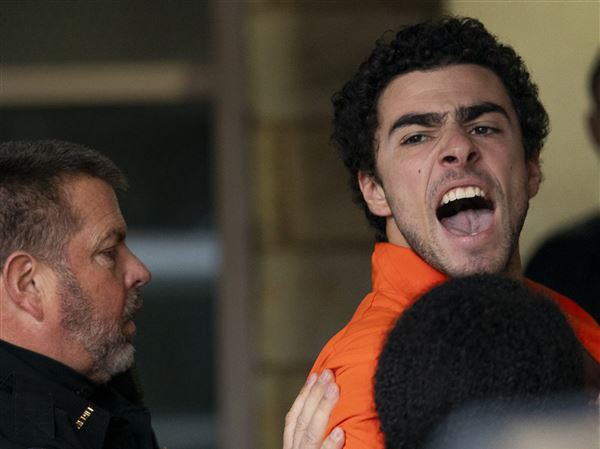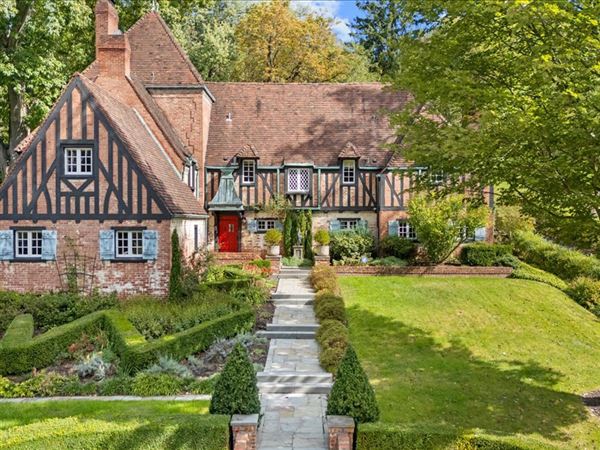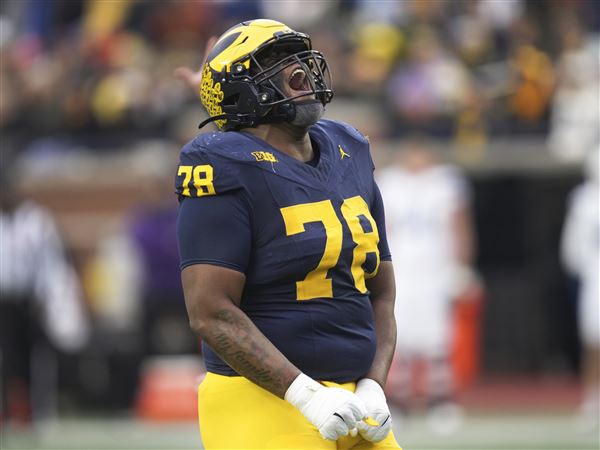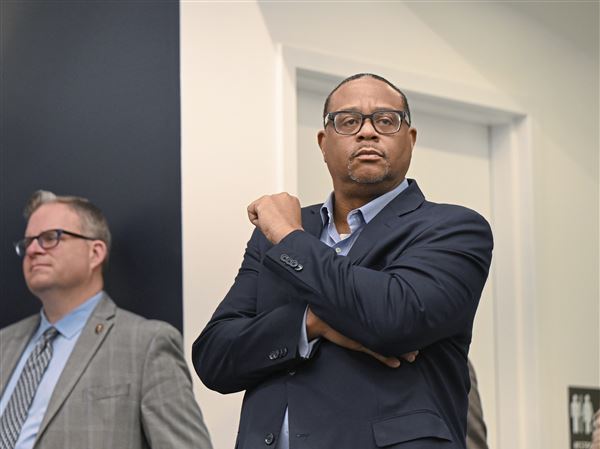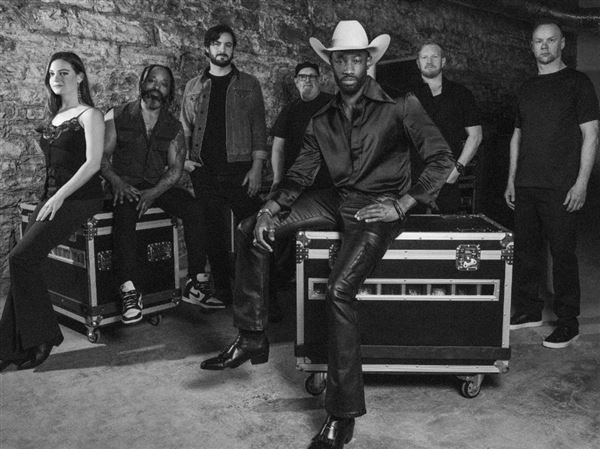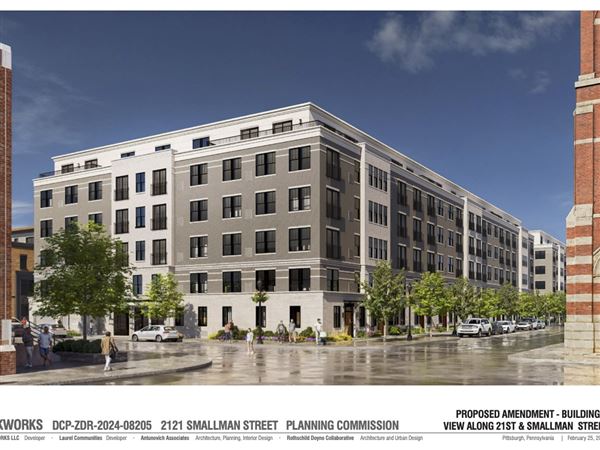Without black-on-black crime, city police Chief Nate Harper said Thursday, Pittsburgh could expect to see its homicide rate drop dramatically, to around 10 deaths a year.
Instead, he said, the city has, on average, more than 55 homicides yearly.
In the past 10 years, black-on-black killings have accounted for nearly 80 percent of the city's homicides -- 307 of 385 -- where an offender has been identified. The average for that period is 56.2 homicides each year.
Chief Harper spoke Thursday at a news conference on black male gun violence at the Center on Race and Social Problems in the University of Pittsburgh's School of Social Work.
A 2010 report from the Violence Policy Center found that Pennsylvania has more black-on-black homicides than any other state, with a black homicide rate of 36.36 per 100,000.
Though Pittsburgh's homicide rate doesn't come close to matching that in Philadelphia, which averages more than 300 homicides a year, Chief Harper said it would be "ridiculous for us to be content" with nearly 60 homicides yearly.
The violence seems to be directly related to illegal gun ownership. A gun, shotgun or rifle was used in almost 79 percent of black homicides.
And almost 70 percent of illegal gun arrests involved black males under the age of 30 -- the same age range that sees the most black-on-black violence.
The average age of offenders in black-on-black gun crimes is around 24. Most are under 30, and a rising number are as young as 15.
"How many times have we spoken to the 19-year-olds and 17-year-olds and they say they don't expect to live past 21," Chief Harper said. "We live in one of the great democracies of the world and at the same time these young men and women don't see the potential they have to live past 21."
The remedy is not, he said, bigger prisons, which are costly for taxpayers -- it costs $63 per day to house each of the 2,600 inmates at the Allegheny County Jail.
And police work can only do so much. After a spike in the number of homicides in 2008, when there were 74 killings, the police changed their approach and reduced the homicide rate to 40 for the following year -- but 40 homicides is still too many, Chief Harper said. And he stressed that there is no "magic bullet" for fighting back against violence.
Instead, Chief Harper recommended myriad other things to help remedy the situation, including stricter gun laws, education programs and spiritual guidance.
Overall, officials want to interrupt patterns of violence in communities to allow a more peaceful atmosphere to prevail.
"A lot of these young people have potential, but they want to take the easy way out," he said.
"The easy way out is fast money. The easy way out is being terrorists in their own little neighborhoods, thinking that they own that one little stretch of block, when they don't own anything."
First Published: June 3, 2011, 4:00 a.m.

